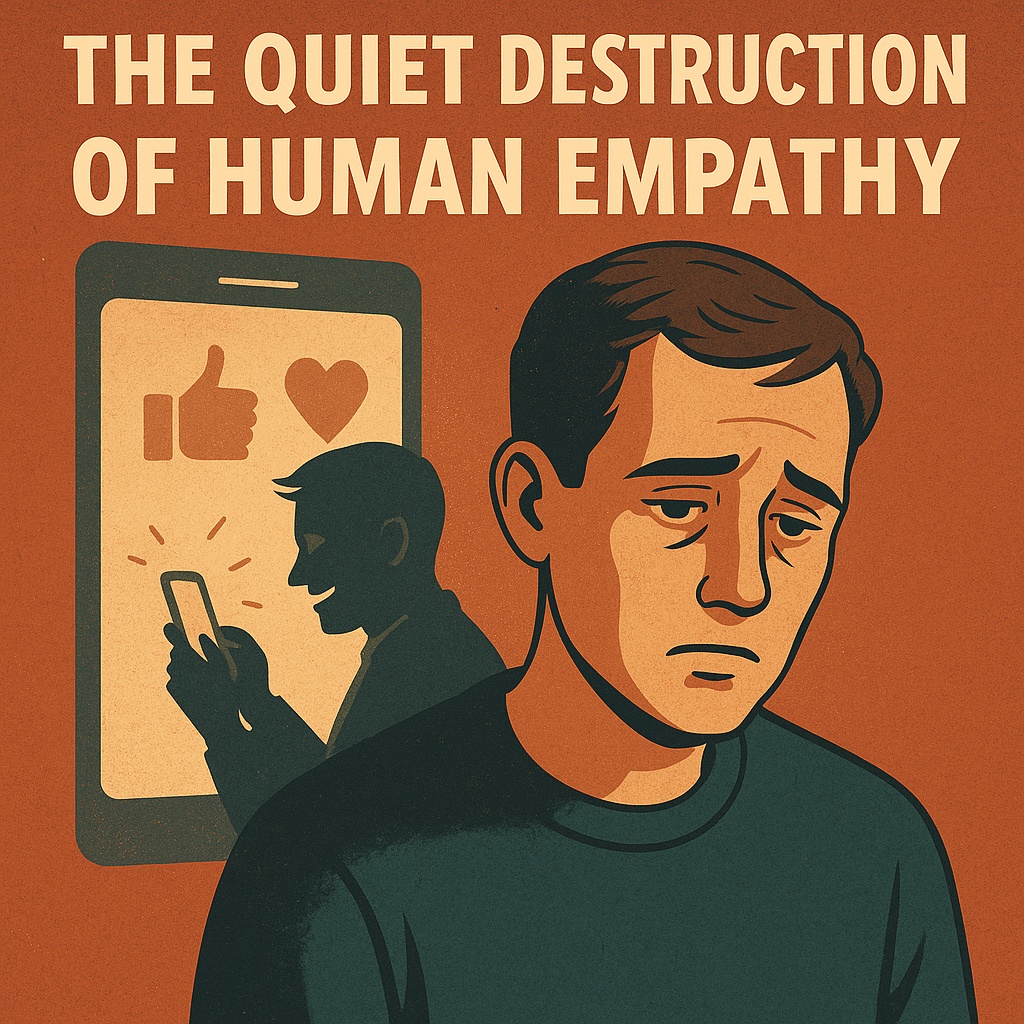Ideas, opinions, politics, humanities
-
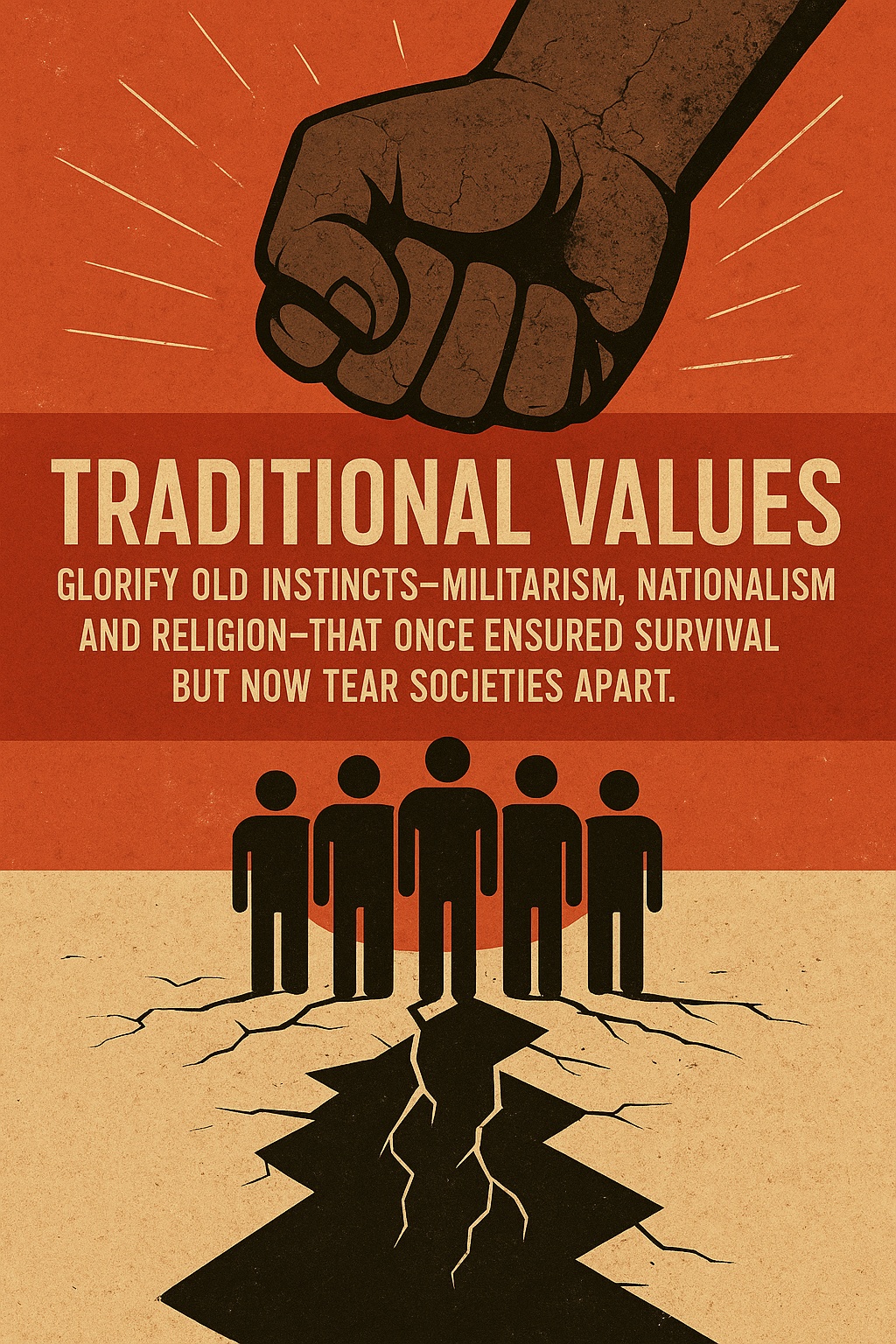
Traditional values as the worst evolutionary instincts
Humans worship their instincts as if they were moral laws. They call them traditions. They call them values. But many of them are nothing more than prehistoric impulses dressed as ethics. What once helped a tribe survive now keeps humanity divided, violent, and blind. The worst part is that we glorify our weaknesses and call…
-
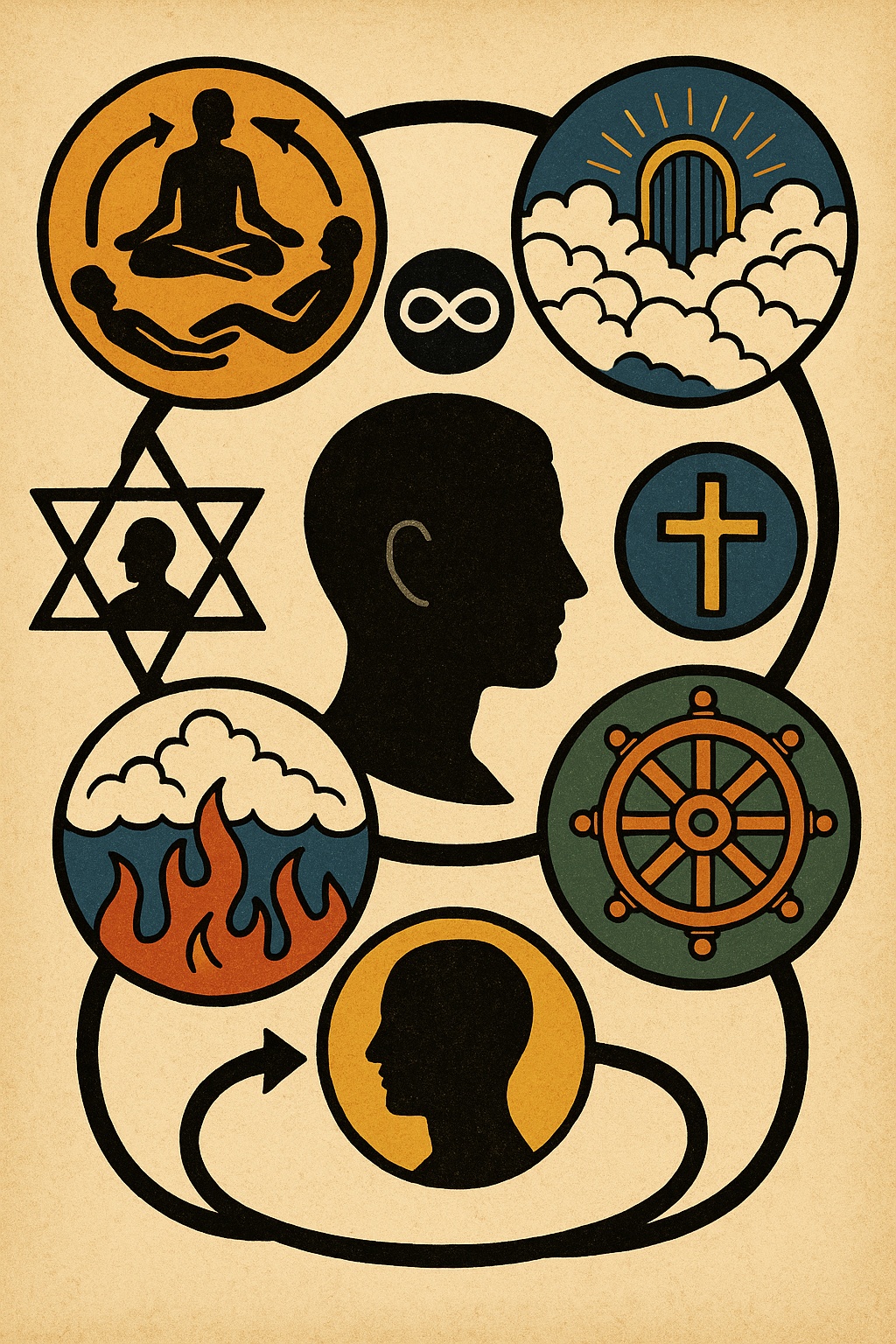
No heaven, no rebirth, no return
Religions have one thing in common. They cannot accept the end. Death terrifies them. Nothingness feels unbearable. So they invent loops—reincarnations, heavens, and eternal returns. Each system promises continuity. None offers truth. Humans cling to illusions, hoping that existence never runs out. But the price of comfort is reason. The fear of endings Every religion…
-
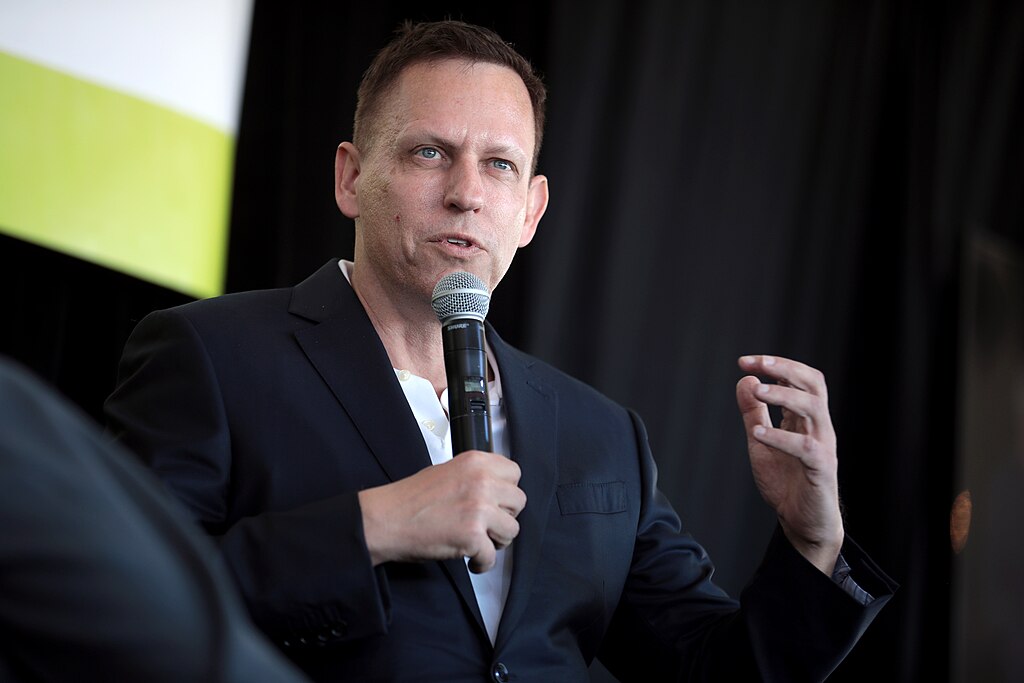
Peter Thiel: IQ 160 and still believes in Christianity
It sounds impossible. A person with an IQ of 160 — one in 31,560 — believing in Christianity. Even an IQ of 150 — one in 2,330 — is already at a genius level (this is the range I estimate he belongs to based on rarity). Yet Peter Thiel, whose IQ likely oscillates between those…
-
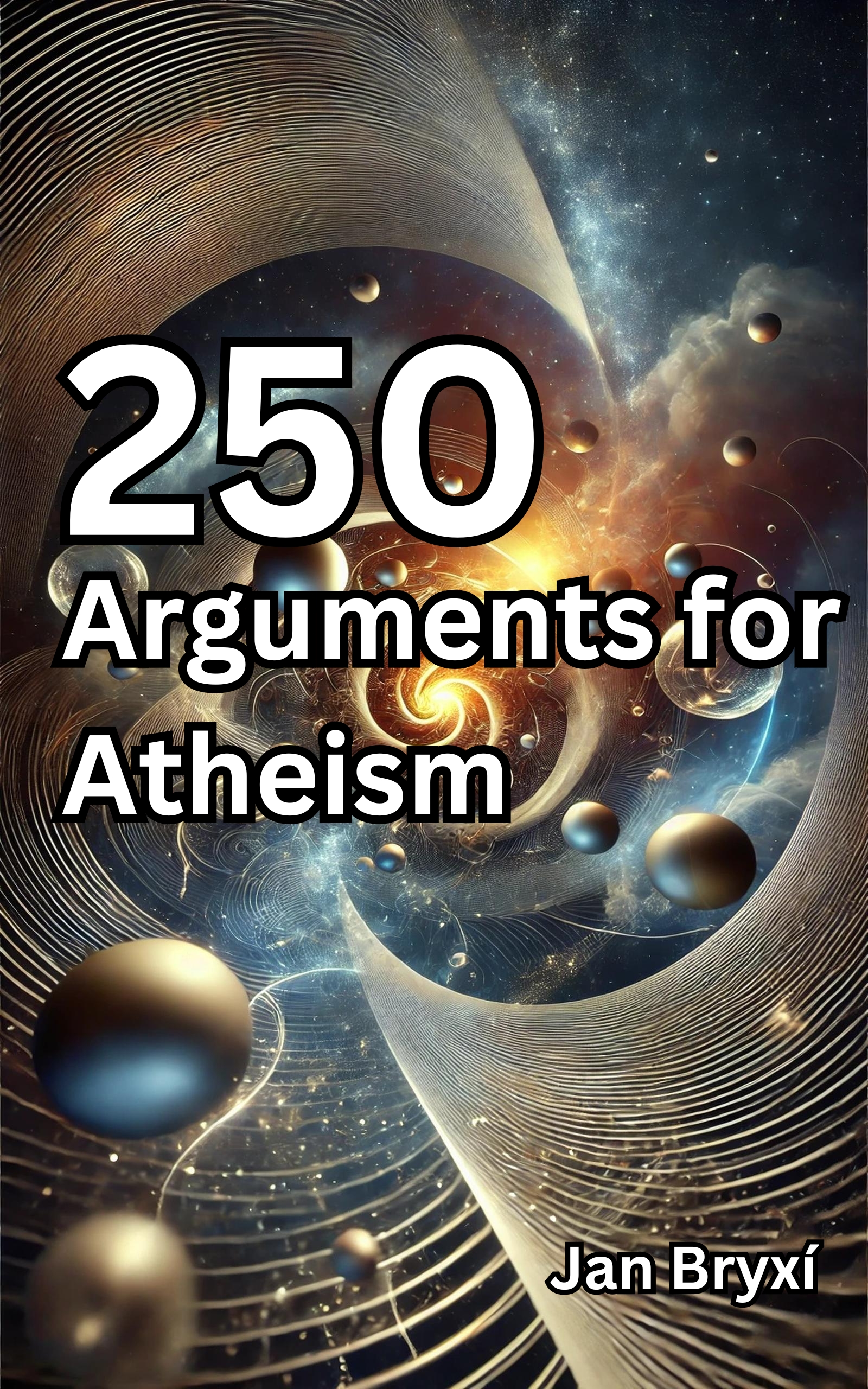
God cannot think
The idea that God can think sounds simple, but it collapses the moment you look deeper. Thinking means moving from not knowing to knowing, from confusion to clarity. Humans think because they lack knowledge. God, however, is said to know everything—past, present, and future. If his knowledge is complete, he cannot think, because thinking means…
-

God’s will is unknowable, making it meaningless
The phrase “God’s will” has guided billions across centuries. It is invoked to justify wars, defend peace, comfort the grieving, and control the living. Yet when examined closely, the concept collapses. If God’s will is unknowable, then it is meaningless. No one can claim to know what divine will truly entail. People may associate it…
-
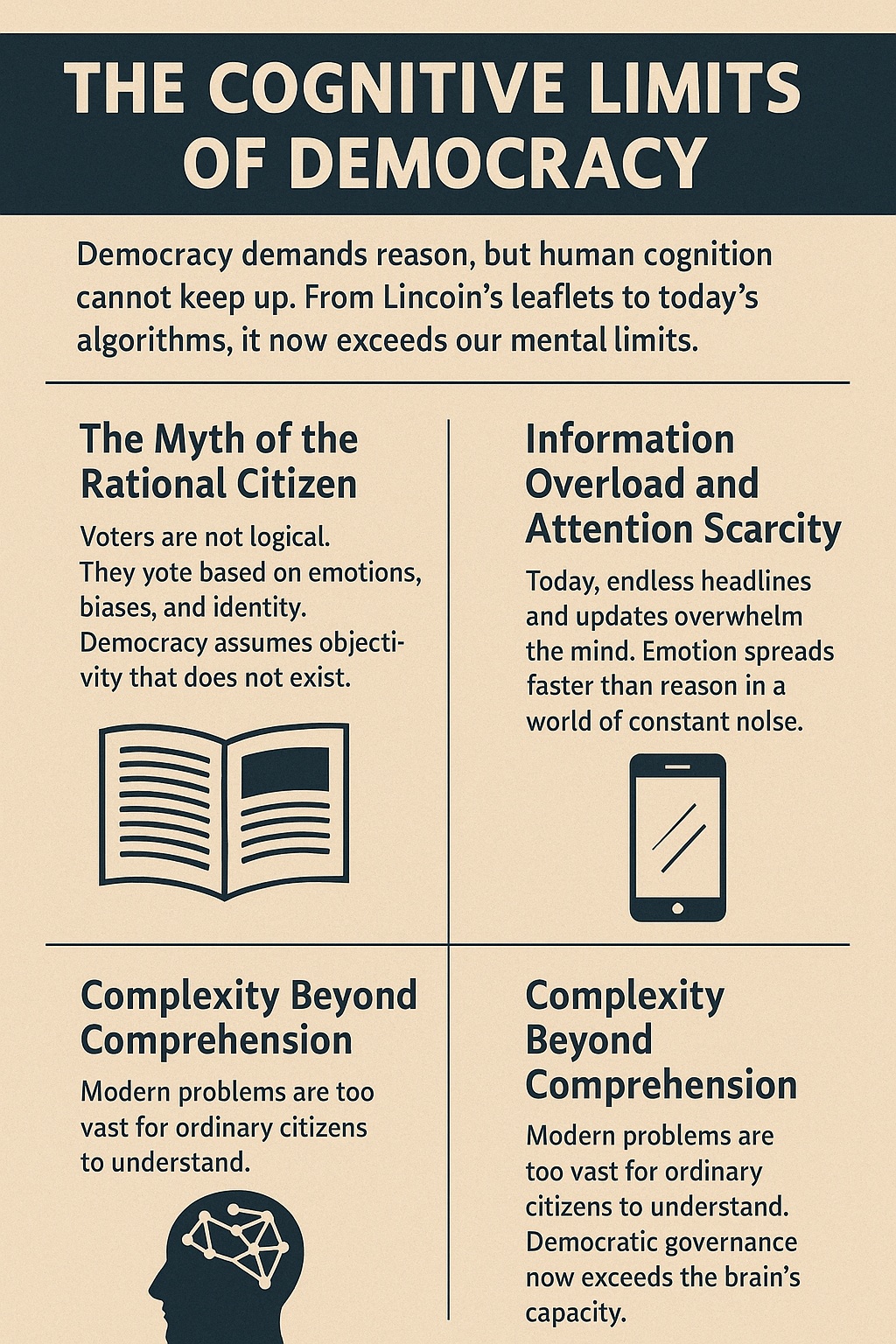
The cognitive limits of democracy
Democracy was built on a dream. It promised collective wisdom, shared power, and the rule of reason over passion. Yet what if that dream was never realistic? What if the very structure of democracy asks too much of the human brain? Modern civilization demands that millions of people make informed choices about problems too vast…
-

How intelligence agencies control banks and markets
Politicians claim to rule nations. Yet many of their decisions begin somewhere else. The real power lies behind the curtains, in rooms where no one votes and no one watches. Intelligence agencies form a global empire that never runs for office but quietly dictates what elected leaders can and cannot do. Their reach goes far…
-

God foresees everything. But wait a minute, he just can’t
Religions teach that God sees everything—past, present, and future. The claim sounds comforting. It promises order in chaos and purpose in suffering. Yet it hides a fatal flaw. If God truly foresees everything, then the future is fixed. And if the future is fixed, neither God nor humans can change anything. Divine foreknowledge collapses into…
-
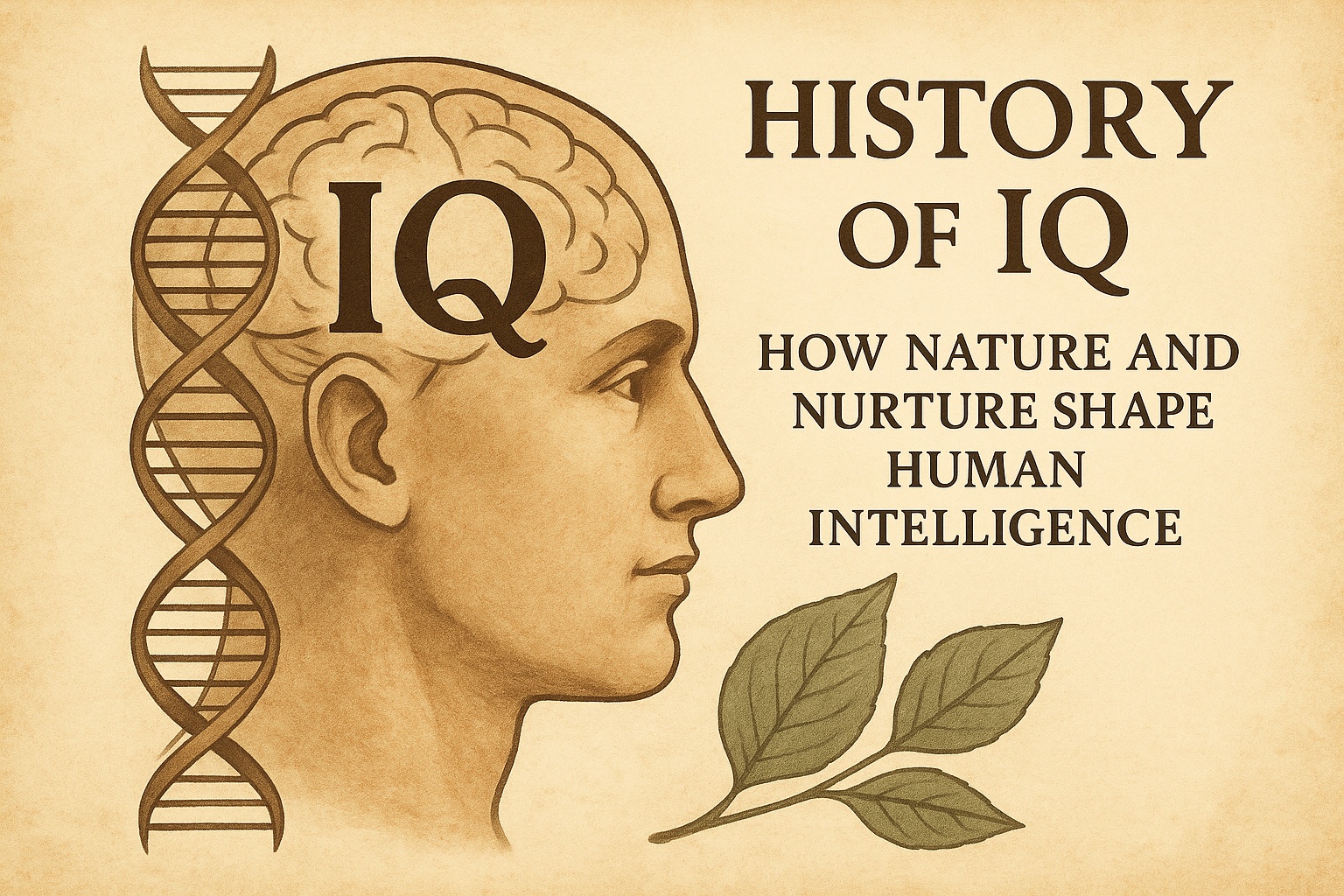
The history of IQ and the nature vs. nurture debate
Few topics in psychology have sparked as much passion, controversy, and misunderstanding as the debate over intelligence. The concept of the intelligence quotient, or IQ, transformed a philosophical question into a measurable construct, but it also ignited one of the most enduring scientific discussions: how much of human intelligence is inherited, and how much depends…
